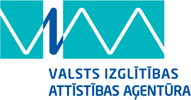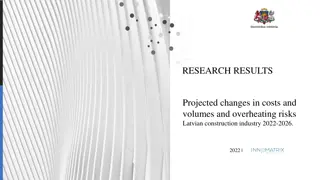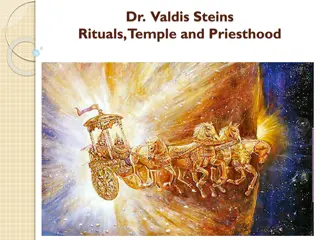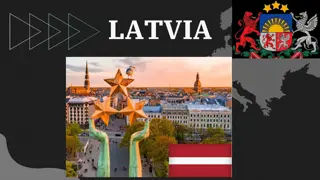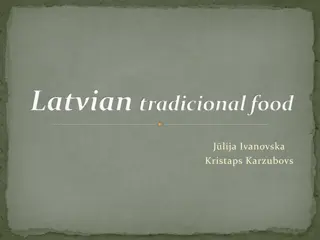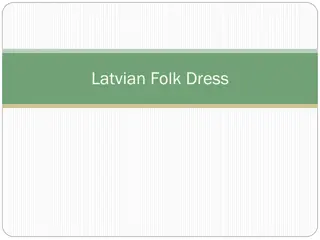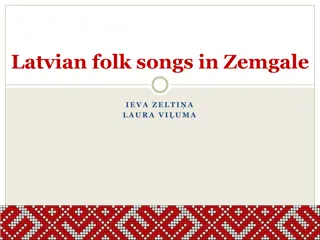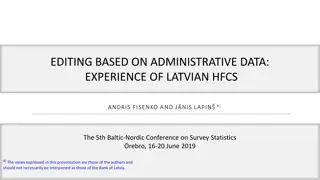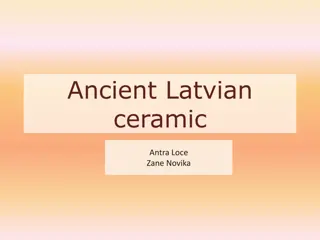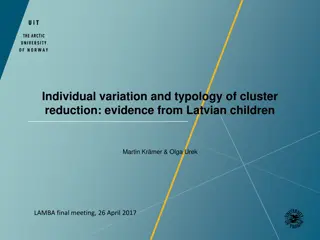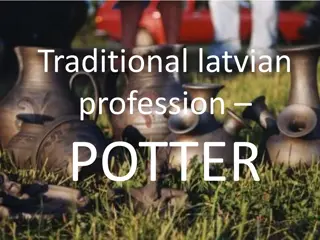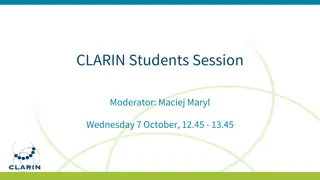Overview of the Latvian Education System
Latvian education system comprises primary, secondary, and tertiary levels. It begins with compulsory and free primary education for children aged 5 to 18. The system includes vocational and general secondary schools, gymnasiums, and higher education establishments. School subjects taught range from mathematics and languages to arts, sciences, and social studies. Students interested in higher education can progress to general secondary schools for university preparation. The diagram and structure provided illustrate the organization of the education system in Latvia.
Download Presentation

Please find below an Image/Link to download the presentation.
The content on the website is provided AS IS for your information and personal use only. It may not be sold, licensed, or shared on other websites without obtaining consent from the author.If you encounter any issues during the download, it is possible that the publisher has removed the file from their server.
You are allowed to download the files provided on this website for personal or commercial use, subject to the condition that they are used lawfully. All files are the property of their respective owners.
The content on the website is provided AS IS for your information and personal use only. It may not be sold, licensed, or shared on other websites without obtaining consent from the author.
E N D
Presentation Transcript
NORDPLUS PROJEKTS STUD T VAI STR D T? ( TO STUDY OR TO WORK? ) PROJEKTA NR. NPJR-2014/10407 LATVIAN EDUCATION SYSTEM Sintija Lo mele
DIAGRAM OF LATVIAN EDUCATIONAL SYSTEM Theoretica l age Level TERTIARY ADULT EDUCATION LEVEL 24 and more 23 22 HIGHER ESTABLISHMENT EDUCATION 21 20 SECONDARY LEVEL VOCATIONAL SCHOOLS 19 18 17 SECONDARY SCHOOLS SPECIAL EDUCATION 16 15 14 13 12 BASIC SCHOOLS PRIMARY 11 10 9 8 7 LEVEL PRIMARY/ELEMENTARY SCHOOLS 6 5 4 3 2 1 PRE-SCHOOL (KINDERGARTEN)
STRUCTURE OF THE LATVIAN EDUCATION SYSTEM GENERAL SECONDARY VOCATIONAL SECONDARY BASIC BASIC VOCATIONAL VOCATIONAL Vocational Secondary School. Vocational Gymnasium General Secondary School, Gymnasium Type of school providing this education Vocational Basic School Vocational School Basic School Length of program in years 9 2 3 4 3 Age level, from__to__ 7 - 15 16 - 18 16 - 19 15 - 19 15 - 18 Certificate of General Secondary Education Diploma of Secondary Vocational Education Certificate/ diploma awarded Certificate of Basic Vocational Education Certificate of Vocational Education Certificate of Basic Education
PRIMARY EDUCATION Latvian education is compulsory and free for children between ages 5 and 18. The first 9 years are spent in primary schools that provide a basic academic education.
SCHOOL SUBJECTS THAT ARE TAUGHT FROM GRADE 1-12 Subject/ grades Mathematics Latvian language Ethics Dancing Visual arts Science Music Housekeeping History Biology Social English German or Russian Informatics Geography Chemistry Physics Education Economics Cultural history Policy and Law Psychology Sports 1 x x x x x x x x 2 x x x 3 x x x 4 x x x 5 x x 6 x x 7 x x 8 x x 9 x x 10 x x 11 x x 12 x x x x x x x x x x x x x x x x x x x x x x x x x x x x x x x x x x x x x x x x x x x x x x x x x x x x x x x x x x x x x x x x x x x x x x x x x x x x x x x x x x x x x x x x x x x x x x x x x x x x x x x x x x x x x x x x x x x x x x x x * * * * * * * * * * * x
SECONDARY EDUCATION For schooling, academically-minded pupils may continue on to general secondary schools where they complete their university preparation by sitting for their certificate of general secondary education. Those with a more practical view on life choose vocational secondary culminate in certificates of vocational education. the final three years of their schools instead, that
GRADING SYSTEM Educational achievements are assessed in a ten-point system: 10 with distinction (izcili), 9 excellent (teicami), 8 very good ( oti labi), 7 good(labi), 6 almost good (gandr z labi), 5 satisfactory (viduv ji), 4 almost satisfactory (gandr z viduv ji), 3 weak (v ji) 2 very weak ( oti v ji), 1 very very weak ( oti, oti v ji).
VOCATIONAL EDUCATION Latvia has introduced a strategy of continuous vocational training which concept of life-long learning in order for everybody to remain up-to-date in job-related knowledge. It is hoped that soon half a million people will be participating in these paid programs every year. embraces the
HIGHER EDUCATION There are 34 state-recognized higher education institutions, including colleges that offer programs of 2 to 3 year s duration, and universities offering academic training leading to bachelor s and master s degrees.
ACADEMIC HIGHER EDUCATION Academic higher education programmes are based upon fundamental and/or applied science; they usually comprise a thesis at the end of each stage and lead to a: Bachelor s degree (Bakalaurs)(3-4 years) Master s degree (Ma istrs). Doctor s degree (Doktora gr ds)(3-4 years)
TUITION FEE The tuition at pre-school, basic and secondary education in a state or municipality founded educational establishments is funded from the national or municipal budget. Foreigners or non-citizens pay for their education in accordance with the agreement concluded with the respective educational establishment.
ADULT EDUCATION Adult education includes all types of formal, non-formal and informal education including further and interest education, professional upgrading and in-service training. It is provided to satisfy needs in lifelong education process to support personal development and competitiveness in the labour market regardless of person s age and previous education.
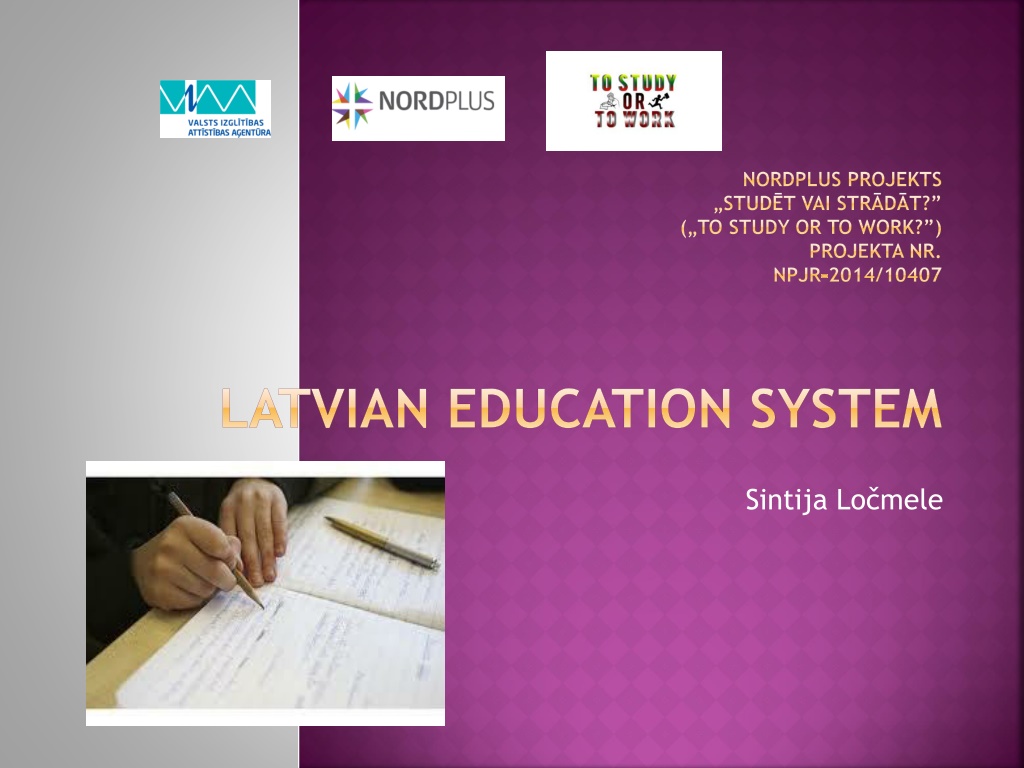
 undefined
undefined


